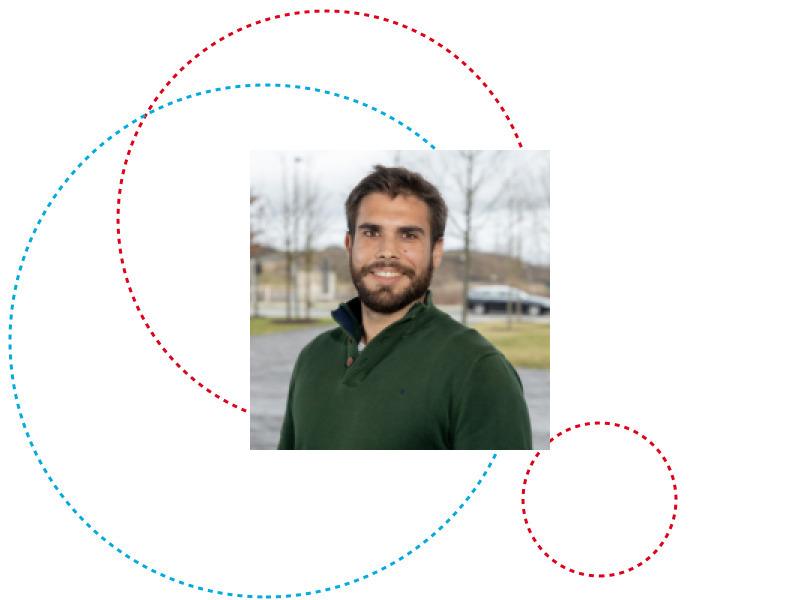You are cordially invited to attend the PhD defence of Mr. Jose Ignacio Delgado on 7th July at 09:30 am. The PhD defence will take place in seminar room E00-B001 (Weicker Building).
Members of the defence committee:
- Chair: Prof. Dr Holger VOOS, UNIVERSITÉ DU Luxembourg,
- Vice-Chair: Dr. Carol MARTINEZ LUNA, UNIVERSITÉ DU Luxembourg,
- Supervisor: Prof. Dr Miguel Angel OLIVARES MENDEZ, UNIVERSITÉ DU Luxembourg,
- Member: Dr Abigail CALZADA, ESRIC-LIST,
- Member: Prof. Dr Carlos Perez PEREZ DEL PULGAR MANCEBO, UNIVERSITY OF MALAGA
Abstract:
In recent times, there has been a resurgence of interest in not only revisiting the Moon but also establishing a lasting and sustainable human presence there. Numerous agencies and private corporations, gearing up for future lunar missions, have established key goals involve both scientific exploration and the emerging lunar economy. These objectives include carrying out scientific experiments, harvesting and utilizing lunar resources on-site, and examining potential methods of using the Moon as an efficient launchpad to go further into the Solar System. In facilitating these lunar missions, robotics emerges as the main disruptive technology. It can allow the execution of various mission-critical activities in harsh environments, ensuring mission success without jeopardizing human safety.
This thesis addresses the challenge presented by the limited resolution of lunar data and the overwhelming amount of non-processed information provided by the different remote sensing missions. Robotic operations on the Moon require tremendous precision in the mission planning phase. For this purpose, the remote sensing data collected by various satellites must be processed and relayed to the mission planning teams in the highest possible resolution and in an easily understandable and digested format. To address this issue, the research presented on this thesis adopts a Machine Learning approach to enhance and process lunar data gathered by different satellite sensors, providing more detailed and comprehensive insights into the lunar surface, which is crucial for future robotic mission planning. ML provides the necessary tools to efficiently handle and analyse vast volumes of data, a critical aspect in deriving meaningful results, reaching valid conclusions, and deepening our understanding of the subject under study. In this thesis, the author suggests two distinct methods for enhancing and increasing the resolution of lunar images to facilitate improved robot navigation on the lunar surface. The first method involves creating a training dataset using a digital analog environment and utilising multiple frames of the same location for image enhancement. The second approach proposes a unique architecture that utilises a single capture from the lunar surface for resolution upscaling, accompanied by an uncertainty estimation of the process. Lastly, a thermophysical analysis of the lunar surface is conducted, which involves processing lunar thermal data in the search for recent asteroid impacts on the lunar surface.
